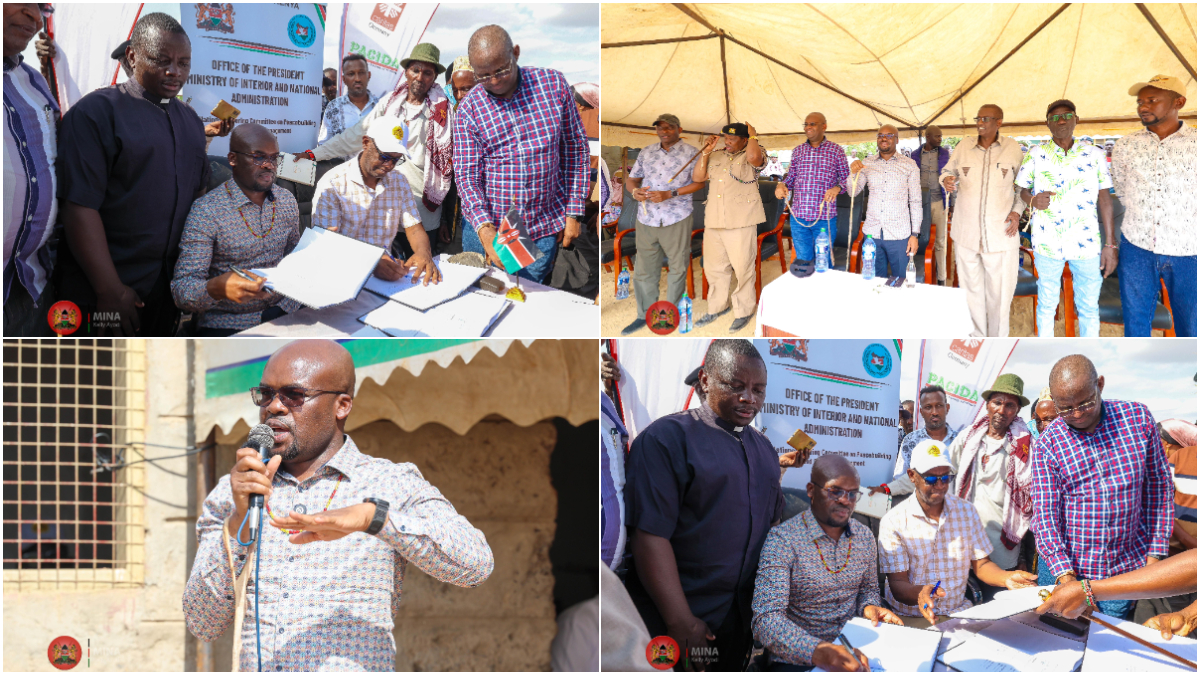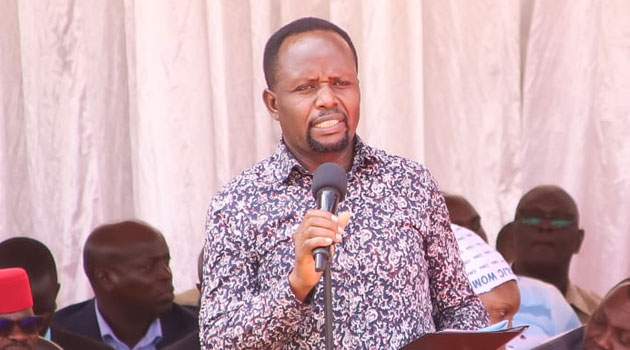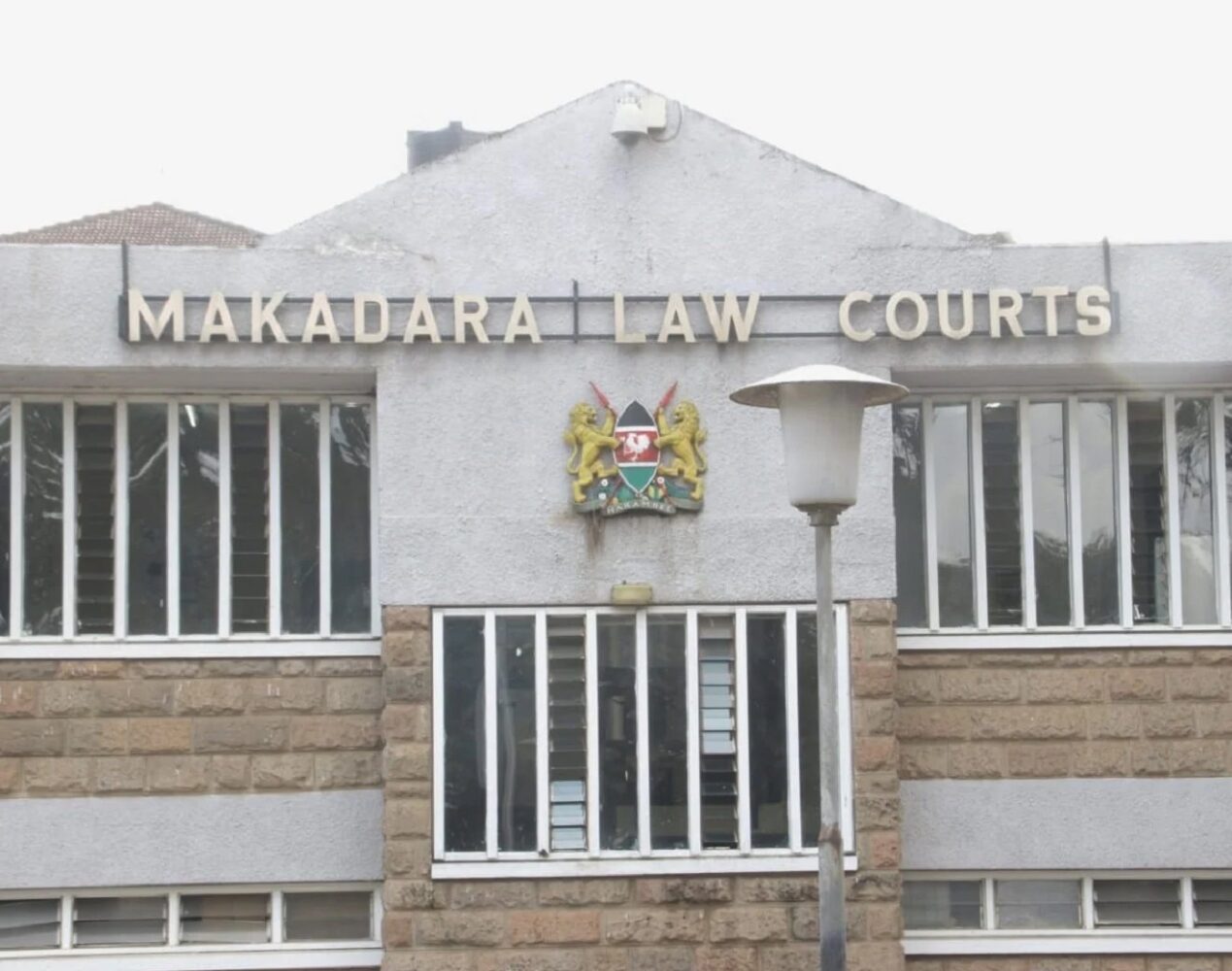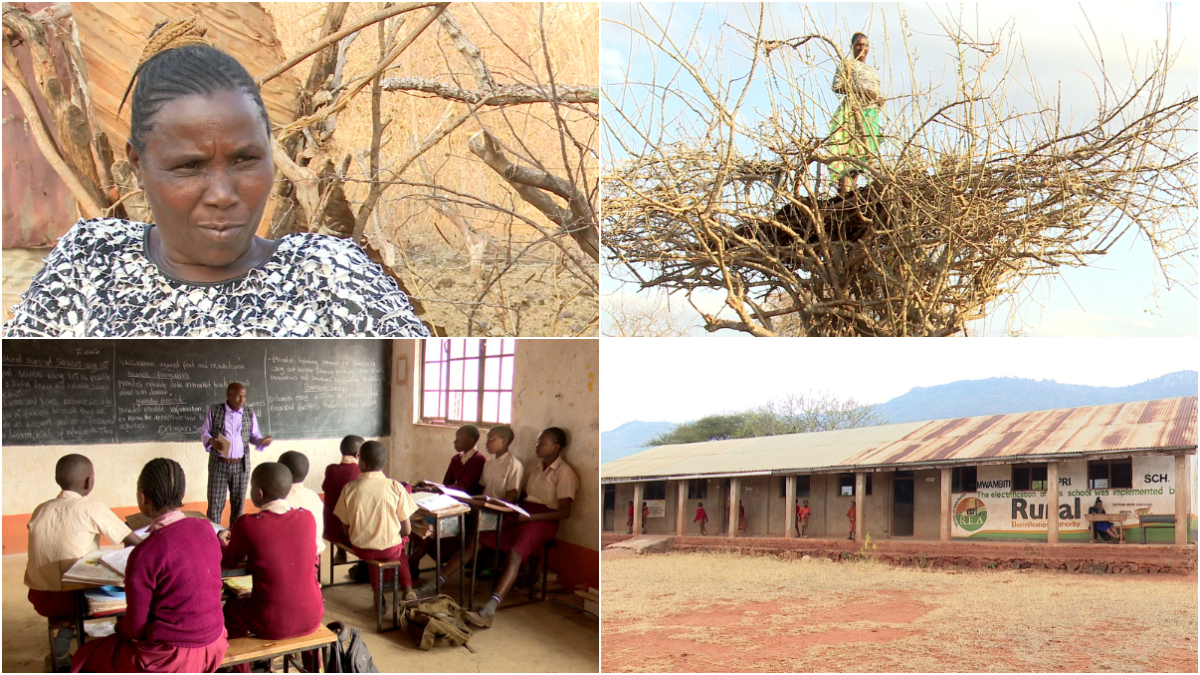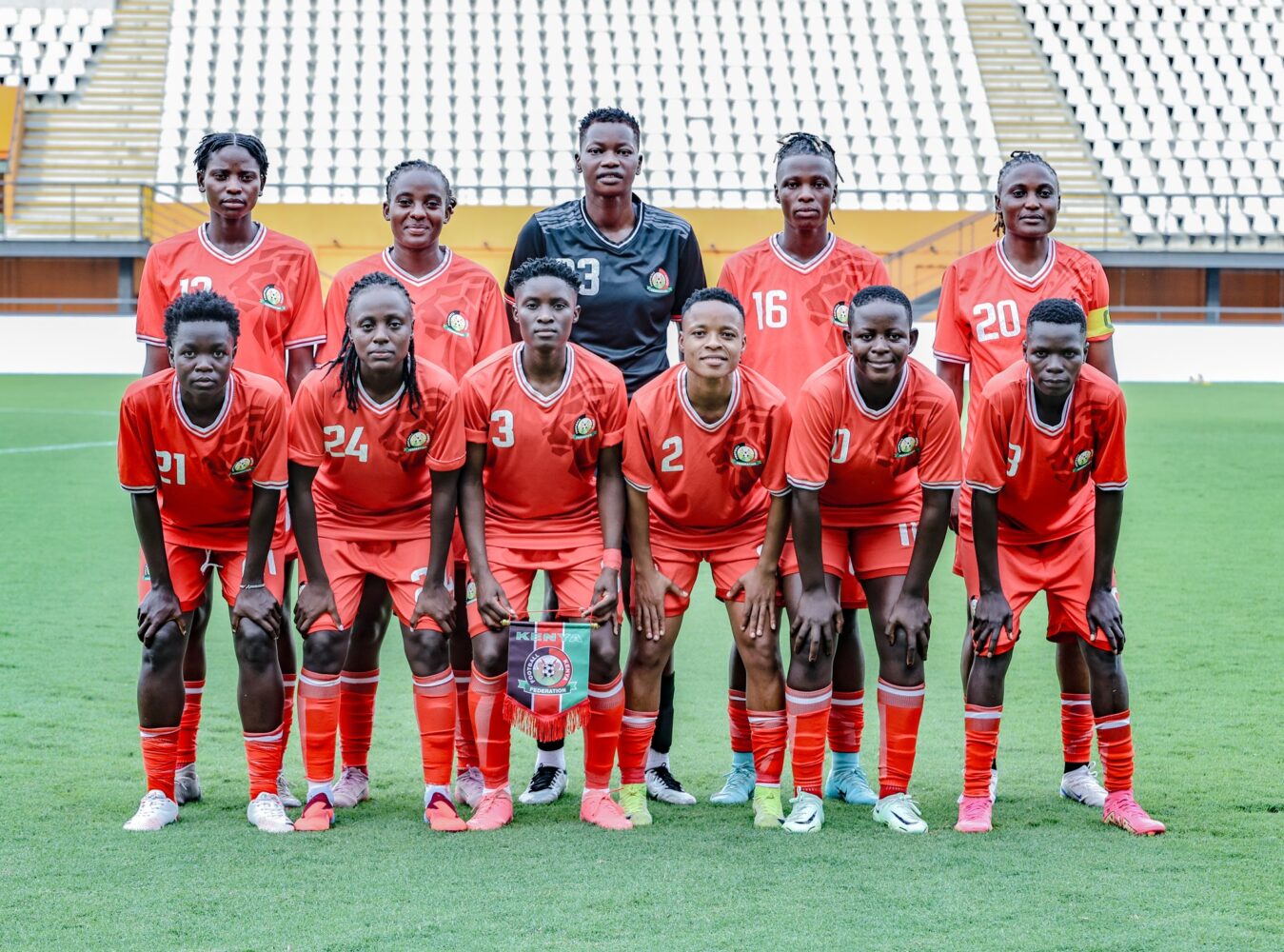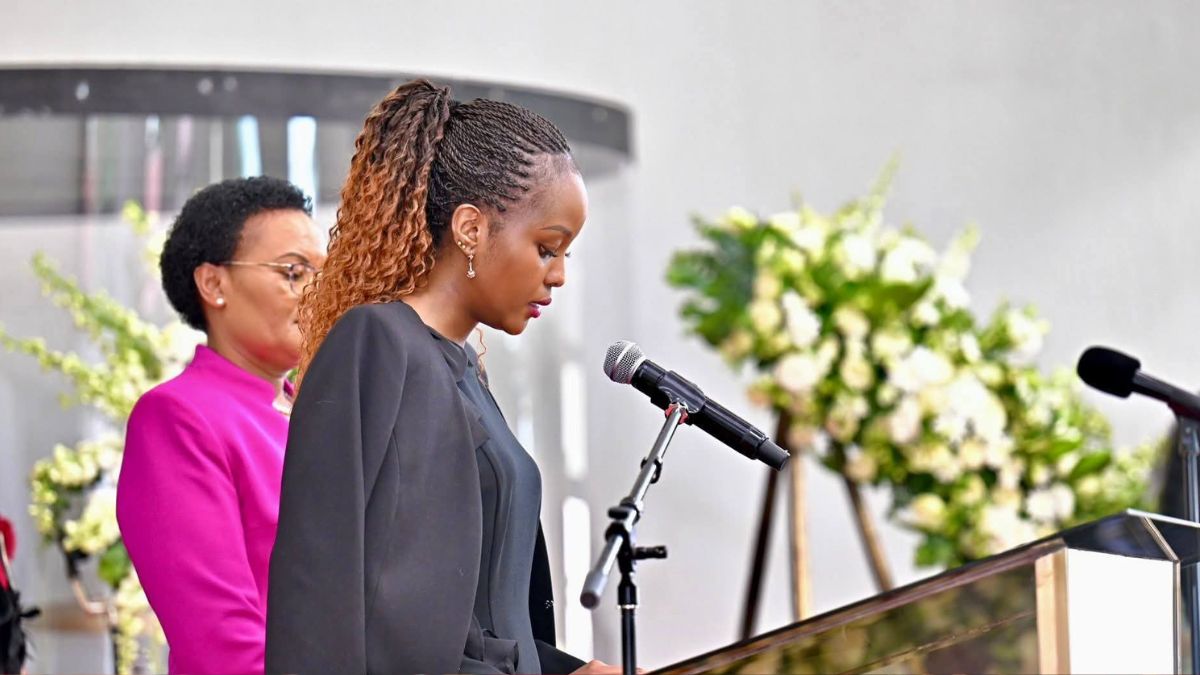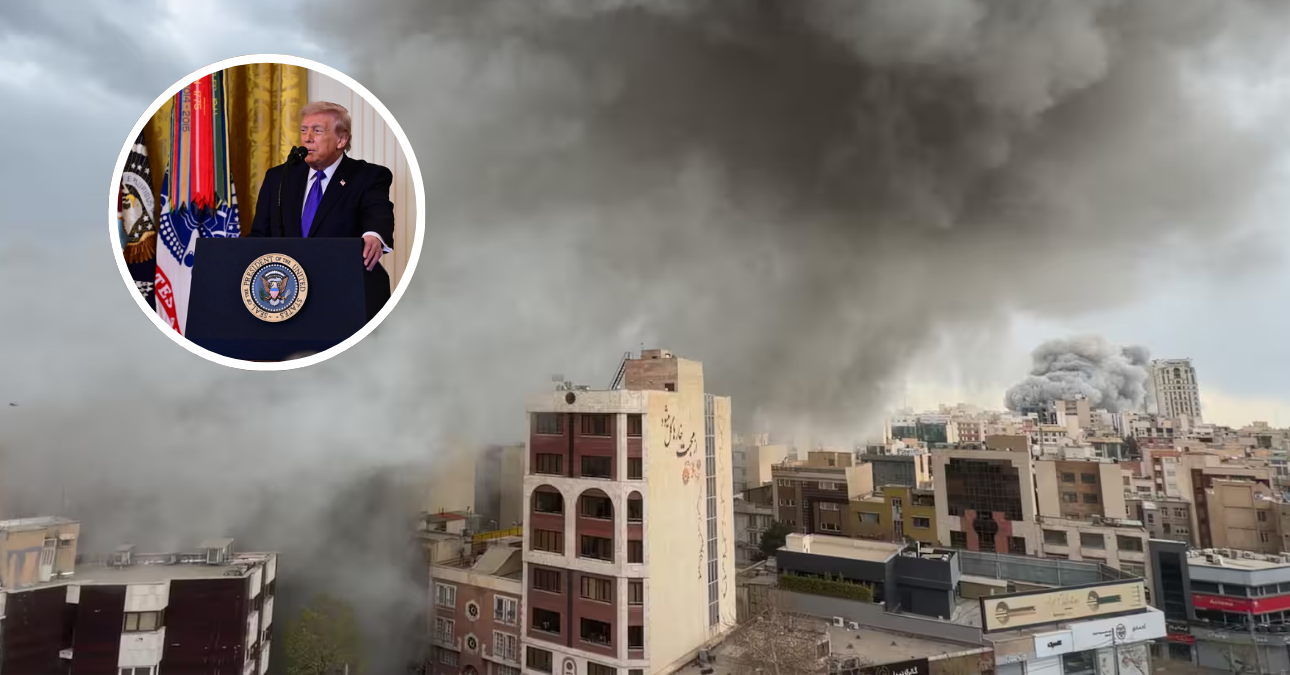The Gabra and Dasanaach communities of Marsabit County have today signed a landmark peace accord, bringing to an end close to two centuries of recurring conflict, bloodshed, and deep-seated mistrust.
The declaration, which was made in Illeret, North Horr, marks a transformative moment in the relations between the two communities and heralds a new era of reconciliation, mutual respect, and shared prosperity.
At the core of this agreement is the creation of the Joint Resource Sharing and Peace Committee a bipartisan organ that will oversee equitable access to shared resources, mediate disputes, and provide proactive, homegrown solutions before disagreements escalate into violence.
North Horr is by far the largest constituency in Kenya in terms of land mass, but the animosity between the two communities has persisted for five generations and denied the area the full benefits of socio-economic development.
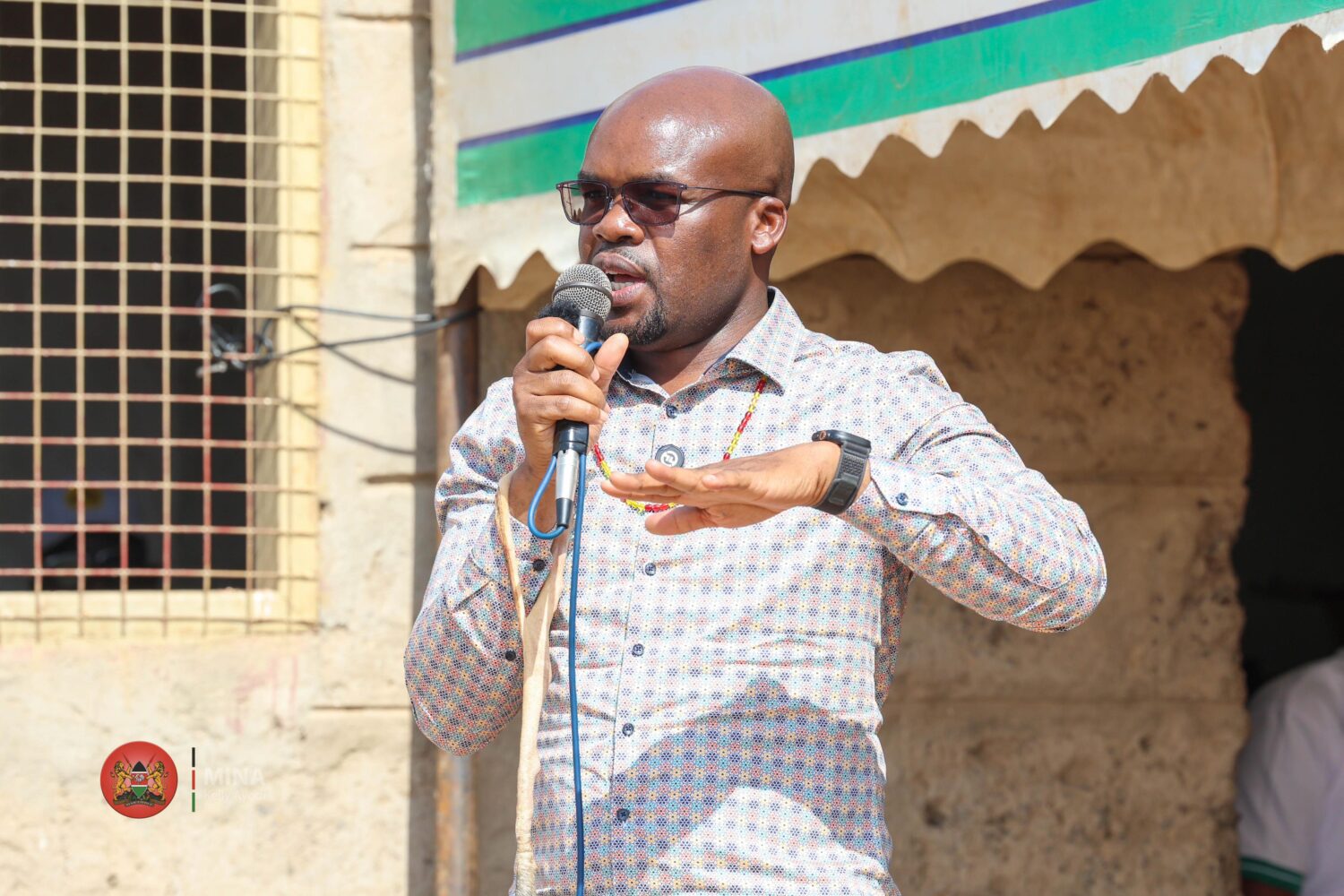
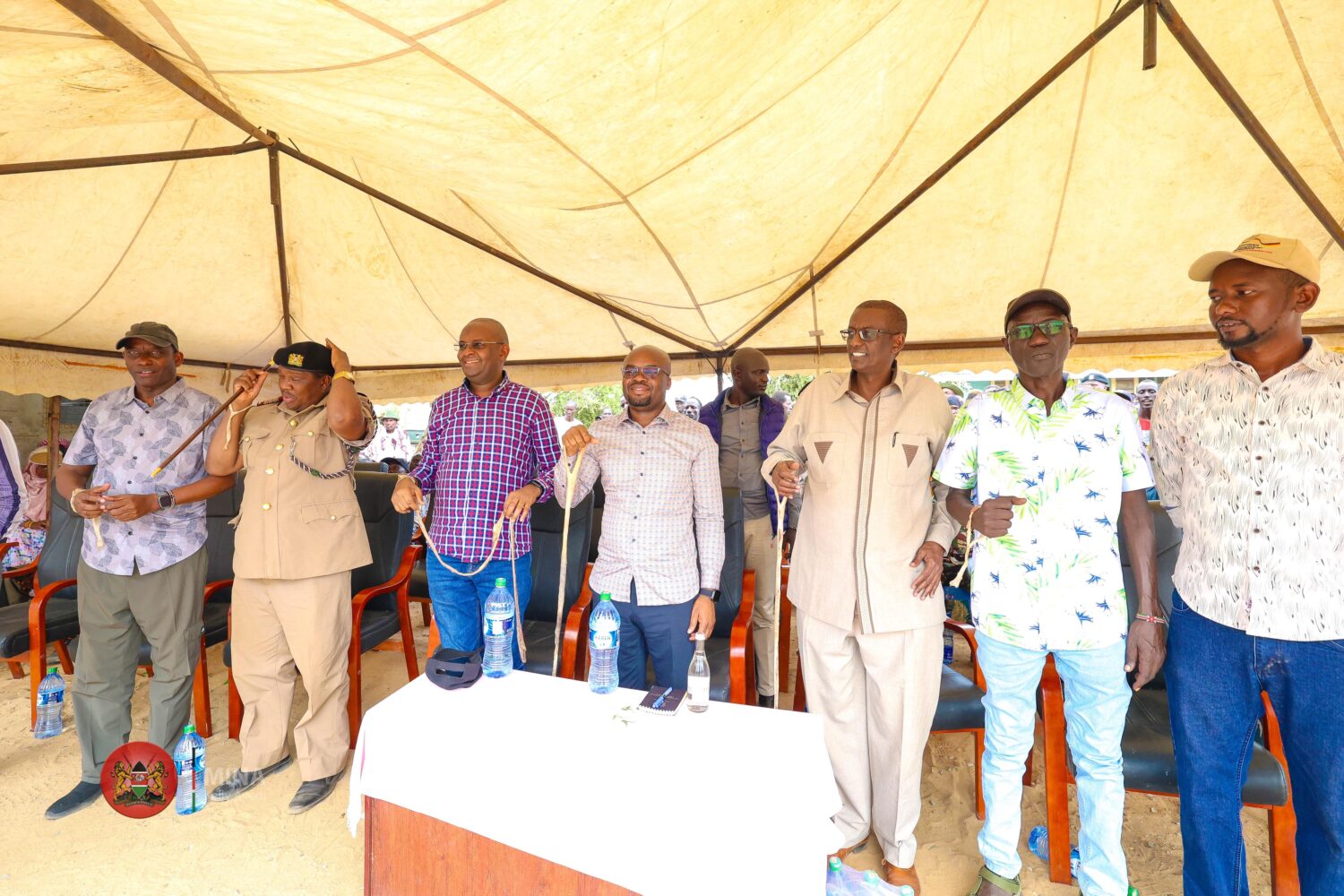
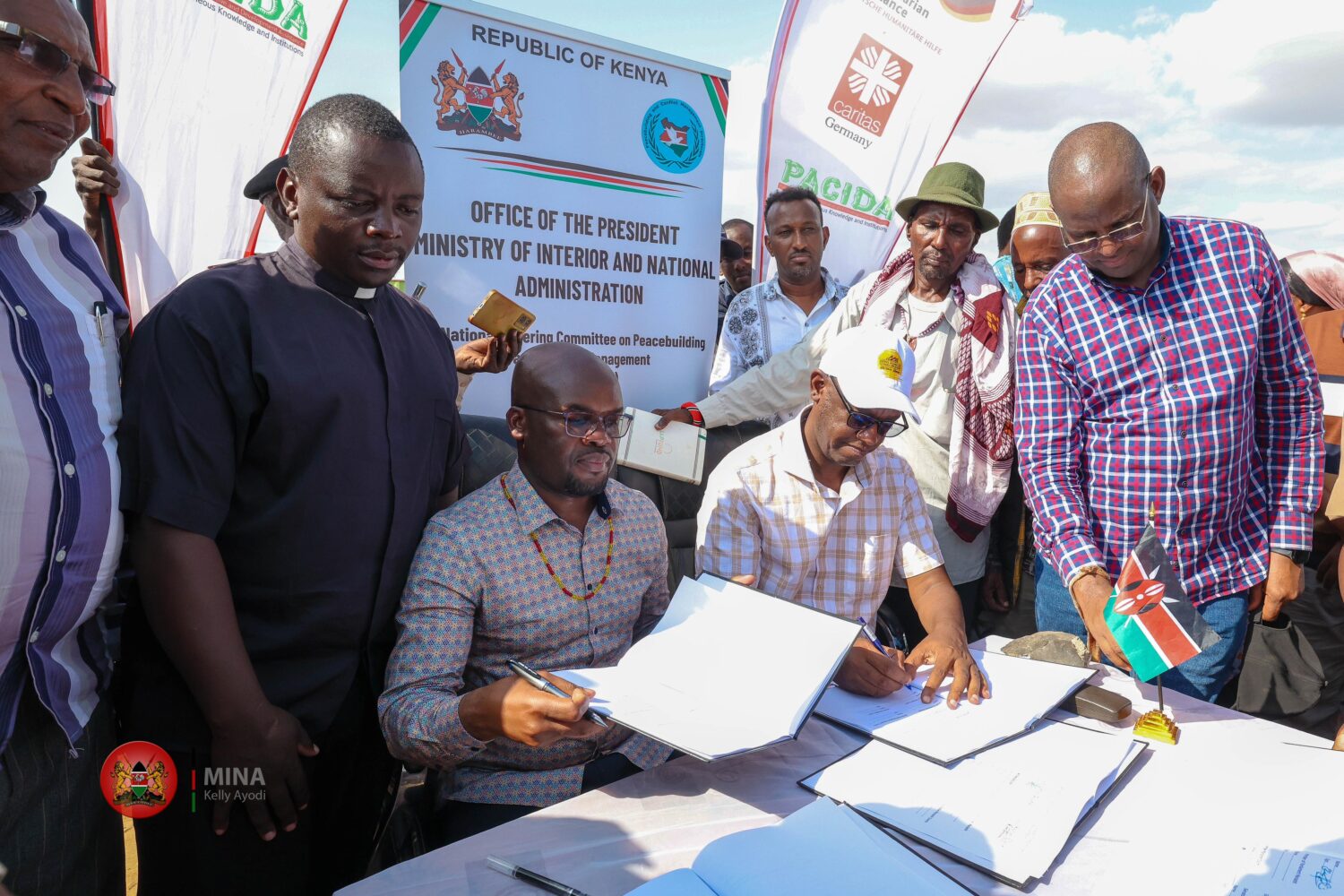
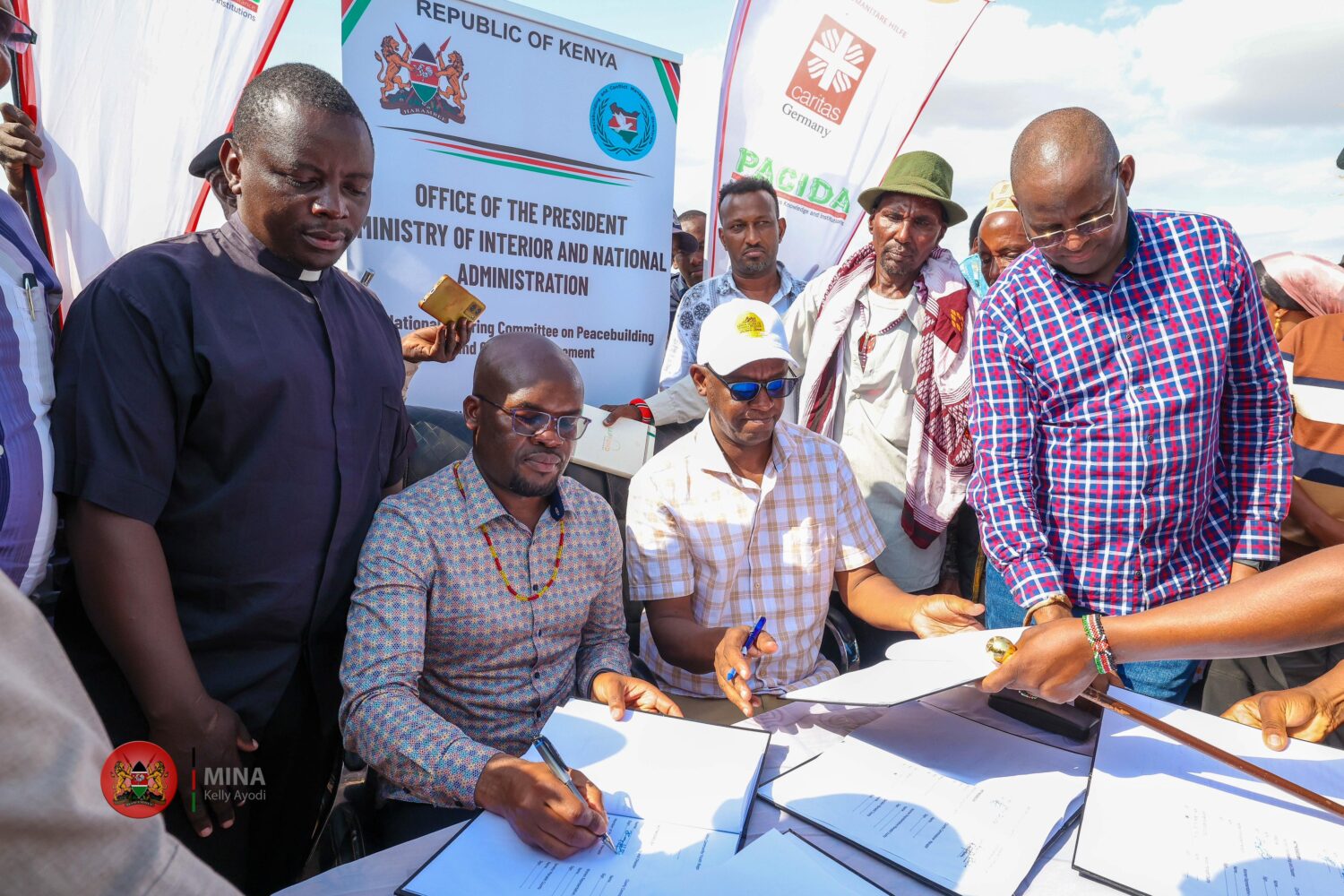
Interior Principal Secretary Dr. Raymond Omollo hailed the accord as a “generational turning point” with the potential to reverse the 160 years of stagnation and insecurity.
“What we are witnessing today is much more than the signing of a peace declaration,” Dr. Omollo said during the ceremony.
“The two communities have chosen to break the cycle of violence and bloodshed. Let this agreement not remain just words on paper, but become a real, lasting solution to the decades of conflict that have claimed countless lives and destroyed property across five generations.”
This breakthrough comes at a time when the government is intensifying grassroots interventions and communal efforts to bring sustainable peace and security to historically volatile areas in the country.
The negotiations were spearheaded by the local Catholic Church, in collaboration with the national government and the area Member of Parliament, Hon. Wario Guyo. According to Dr. Omollo, the final document was drafted by a team of experts and local leaders with funding from the National Security Council through the Ministry of Interior.
He said, “This has been a journey of open dialogue, courage in the face of deep-rooted grievances, and the collective wisdom of our elders and youth.”
“As a Ministry, we are fully committed to supporting these grassroots peace structures not just with statements, but with real resources, technical support, and long-term collaboration. We will walk with this committee every step of the way, from the ward level to the furthest village.”
The framework borrows heavily from the Modogashe Accord, which ended the longstanding inter-ethnic clashes along the Garissa-Wajir border. PS Omollo further hinted that this agreement is yet another model of community-led peace-building that could be replicated in other regions grappling with similar resource-based conflicts.
The government has also deployed 18 National Police Reservists (NPRs) to bolster local security teams in safeguarding the gains achieved so far, pending a comprehensive review to determine the appropriate number of personnel required for sustained peace and stability.
PS Omollo also appealed for patriotism and collective responsibility in safeguarding the country’s national security, especially in light of the recent riots, urging Kenyans to emulate the Gabra and Dasanaach communities in choosing dialogue over division and peace over violence.
The ceremony was also witnessed by Hon. Guyo; Marsabit Deputy Governor Solomon Gubo; Regional Commissioner (Eastern) Paul Rotich; the Secretary, Peace building and Conflict Management Mohamed Barre; and members of the public from the two communities.


